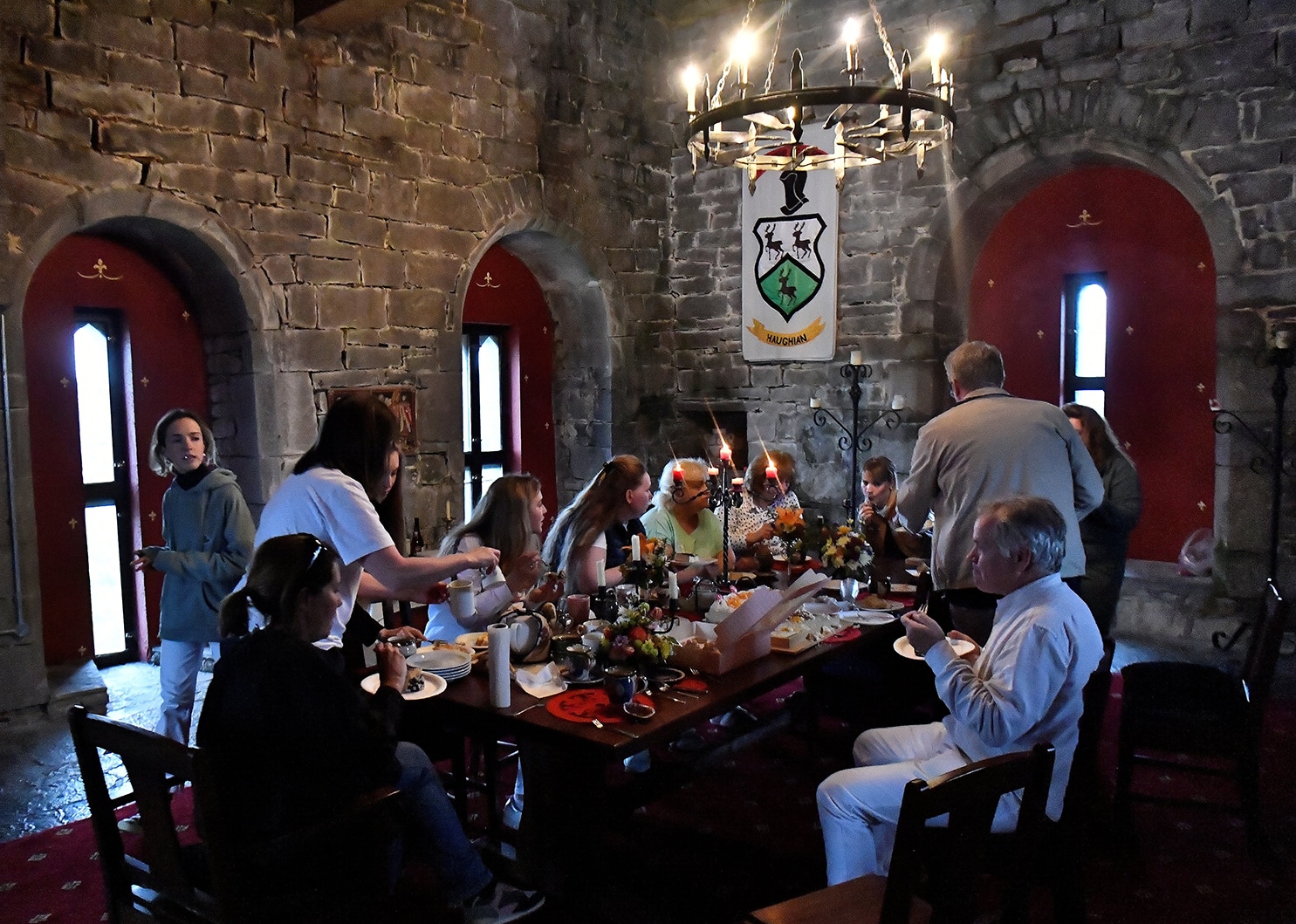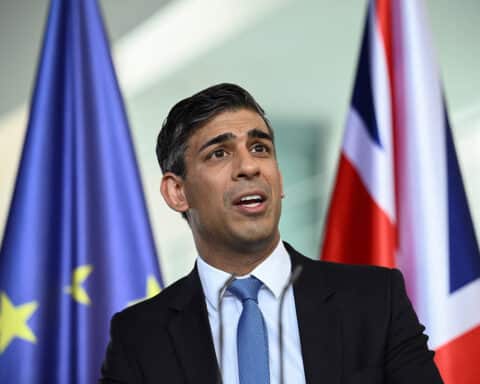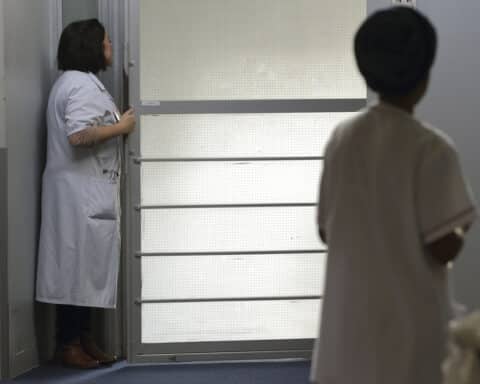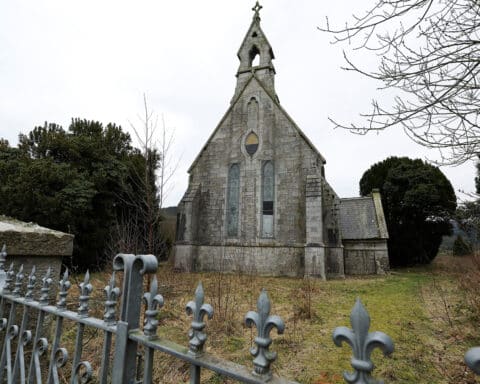DUBLIN (OSV News) — Plans to dramatically cut welfare benefits for refugees from Ukraine who flee to Ireland to avoid Russia’s war are causing anxiety, according to a priest who works with the new arrivals. Officials in Dublin say that they want to “slow” the number of people arriving from Ukraine.
The government announced Dec. 12 that starting in January, new arrivals from Ukraine would see benefits cut in a bid to discourage so-called “secondary movement” from Ukrainians who have already settled in other safe European countries with less generous benefits than Ireland.
Irish Prime Minister Leo Varadkar told a press conference that officials were concerned that a “pull factor” may effectively be in operation when comparisons of benefits are carried out.
Currently, Ukrainian refugees to Ireland receive free accommodation and board as well as a weekly welfare payment of $237 — the highest benefit across the European Union. In contrast, Ukrainians who arrive in Sweden get just $52 per week, in Italy — $80 and in Greece $53 per week.
Uncertainty ripples across the Ukrainian community
Ireland’s rate for new arrivals from Ukraine will now drop to $41.84 per week, and free accommodation and board will be limited to just 90 days.
However, a chaplain to the Ukrainian Greek Catholic community in Ireland, Father Vasyl Kornitsky, said that the discussion was causing “anxiety” and “confusion” among the more than 100,000 Ukrainian refugees who have made Ireland home since Russia’s invasion in February 2022, despite government assurances that the new rules only affect new arrivals.
Father Kornitsky said the coming changes have introduced further “uncertainty” into the lives of Ireland’s Ukrainian community.
“It is impossible to settle down and find something in three months. It takes time. Three months is a very short period,” he said, adding that the changes are quite dramatic — a huge change.”
Varadkar said Ireland “needs to slow the flow” of those coming from Ukraine, and this motivated the changes.
“When it comes to irregular migration, that’s people coming from Ukraine or people seeking international protection, I think one of the things we have to do when we have to be honest with each other about this, is to make sure that what we offer — in terms of accommodation, in terms of work, in terms of money — is similar to what’s offered in other EU countries,” he said.
Rate of increase exceeds other nations
It comes after new data revealed that the rate of increase of Ukrainians arriving in Ireland over the past 12 months was 10 times higher than the average increase in the numbers fleeing to the EU from Ukraine over the same period.
Official statistics published by the European Commission show that there has been a 72.1% increase in the number of Ukrainians seeking international protection in Ireland in the 12 months to the end of September 2023. Over the same time, the number of Ukrainian citizens seeking refuge across the EU rose by just 7.2%.
Eugene Quinn, national director of Jesuit Refugee Services Ireland, said he is concerned that after 90 days there will be nowhere for the refugees to go, and they will be forced into homelessness.
“We’re concerned that it’s more evidence of an accommodation system that is at a breaking point,” he told Newstalk radio station.
‘We’re concerned what will happen to the people after 90 days, will there be accommodation for them?” he asked, adding they understand “that it’s absolutely a challenge here with people arriving, but the government is two years into this crisis and we’ve seen a failure ln long-term planning for people arriving here,” Quinn told Newstalk.
The EU, made up of 27 member states, activated a so-called “temporary protection mechanism” for refugees in March 2022, just days after Russian armed forces launched a large-scale invasion of Ukraine. So far, some four million Ukrainian refugees have moved to EU member states.





